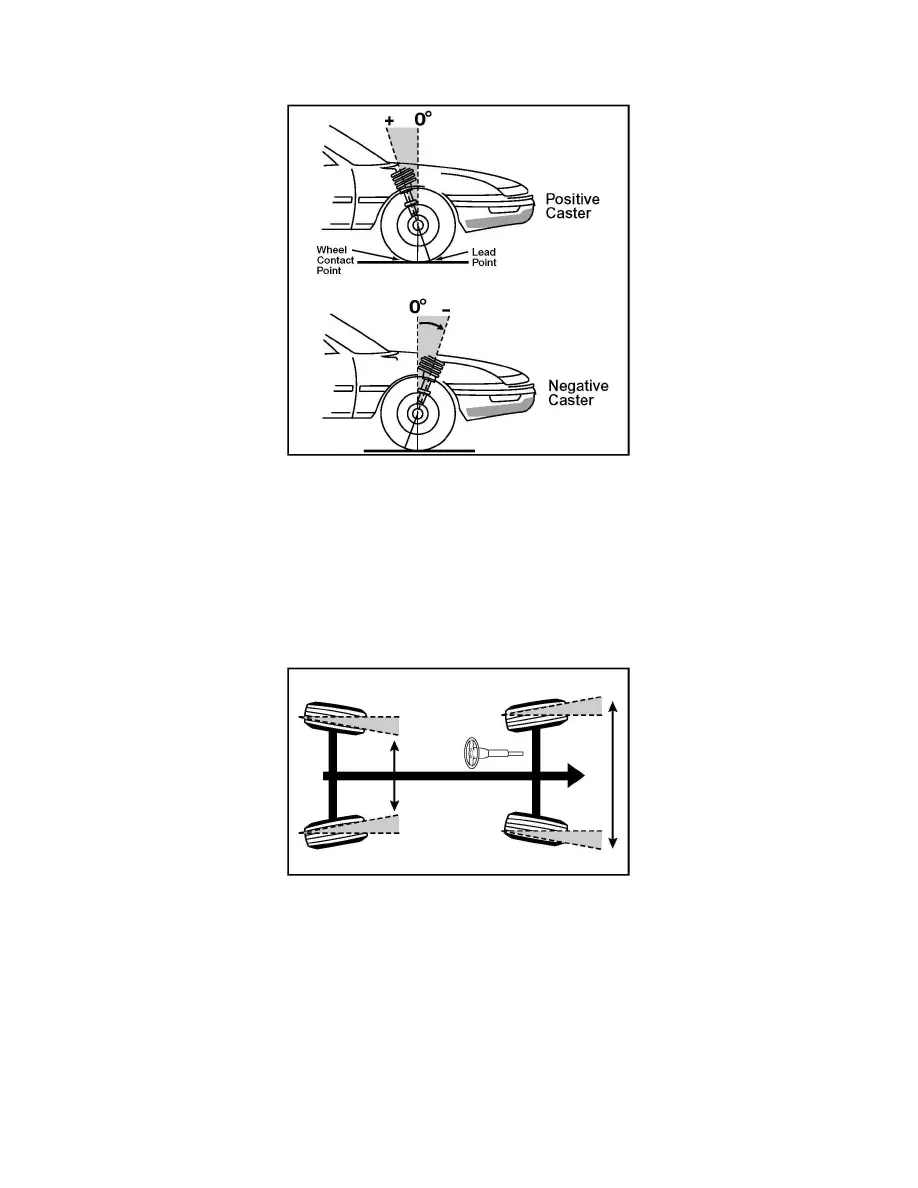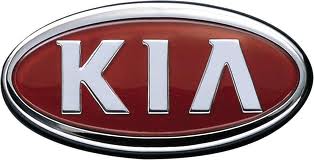Sorento 4WD V6-3.5L (2011)

camber.
CASTER:
Caster is the angle between an imaginary line drawn through the upper and lower steering pivots and a line perpendicular to the road surface (viewed
from side of vehicle).
If the top of the line tilts rearward, the vehicle is said to have "POSITIVE" caster.
If the top of the line tilts forward, the vehicle is said to have "NEGATIVE" caster.
Caster will not cause tire wear unless extreme maladjustment or worn parts are involved.
TOE:
Toe is the difference between the leading edge (or front) and trailing edge (or rear) of the tires. Toe-in is the measurement in fractions of an inch
millimeters or decimal of degrees that the tires are closer together in the front than they are in the back.
Toe-out is the same measurement, except the tires are further apart in the front than in the rear.
FACTORS THAT INFLUENCE VEHICLE DRIFT OR PULL
Vehicle drift or pull can be attributed to several factors. Understanding what can affect it is imperative for anyone repairing a vehicle with a drift or pull
condition. Most of these factors are directly measureable using tools commonly found in any repair shop like tire pressure gauges, alignment racks, and
wheel balancers.
1. Air pressure - Low or uneven tire pressure can cause a vehicle to drift or pull towards that tire with the lowest pressure. Remember that cold tires
register slightly lower pressure than tires that are warm from usage. Ensure that all tires are correctly inflated.
2. Alignment
